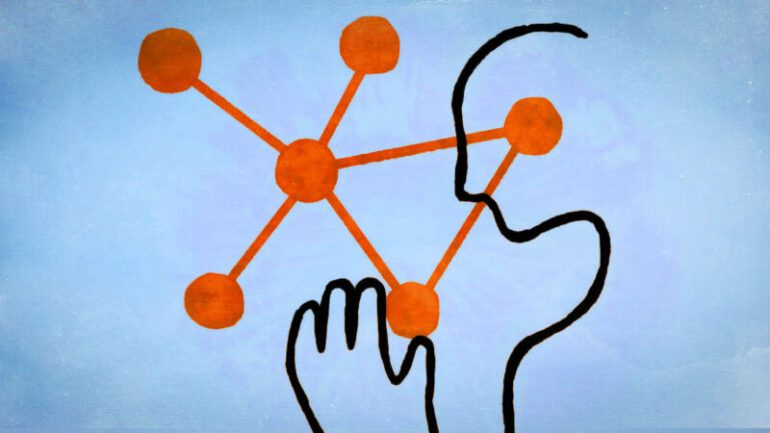TL;DR:
- Anthropic’s Claude AI language model can now analyze entire books in under a minute.
- The expansion of Claude’s context window to 100,000 tokens enables it to process large works and engage in long interactive conversations.
- This advancement surpasses the capabilities of OpenAI’s GPT-4, which has context window lengths of 4,096 tokens.
- Claude’s enhanced capabilities extend beyond book analysis, potentially benefiting businesses by extracting valuable information from multiple documents.
- The enlarged context window allows for conversational interactions and may outperform vector search-based methods for complex queries.
- Claude’s speed and accuracy make it a powerful tool for interactive discussions and in-depth analyses of books and other text materials.
Main AI News:
Anthropic, a leading AI company, made headlines on Thursday with the remarkable advancement of its ChatGPT-like language model, Claude AI. This groundbreaking development enables Claude to process an entire book’s worth of content in less than a minute. By expanding Claude’s context window to a staggering 100,000 tokens or approximately 75,000 words, Anthropic has unlocked a new era of data analysis capabilities.
Similar to OpenAI’s renowned GPT-4, Claude operates as a large language model (LLM) that predicts the next token in a sequence based on a given input. Tokens, fragments of words that streamline AI data processing, play a crucial role in this process. Additionally, the “context window” acts as a virtual short-term memory, determining the amount of human-provided input data an LLM can handle at once.
The significance of a larger context window cannot be overstated. With this impressive upgrade, Claude can now tackle extensive works such as books and engage in prolonged interactive conversations spanning hours or even days, as highlighted by Anthropic. Consider the average person who requires around five hours to read 100,000 tokens of text.
Afterward, they need considerable time to comprehend, retain, and analyze the information. In contrast, Claude accomplishes this monumental feat in under a minute. To demonstrate its prowess, Anthropic loaded the complete text of The Great Gatsby into Claude-Instant, comprising 72K tokens, and altered a single line, depicting Mr. Carraway as “a software engineer that works on machine learning tooling at Anthropic.” When prompted to identify the change, the model provided the correct answer within an astounding 22 seconds.
While identifying alterations in a text may not sound overly impressive (even Microsoft Word can achieve that with two documents for comparison), the true power lies in Claude’s ability to then engage in interactive discussions about the book or conduct in-depth analyses.
The substantial leap to a 100,000-token context window represents a significant advancement for LLMs. In comparison, OpenAI’s GPT-4 LLM offers context window lengths of 4,096 tokens (roughly 3,000 words) within the ChatGPT framework and 8,192 or 32,768 tokens via the GPT-4 API (currently available by waitlist only).
Anthropic emphasizes that Claude’s expanded capabilities extend beyond book processing. The enlarged context window has the potential to revolutionize information extraction for businesses, allowing them to derive crucial insights from multiple documents through conversational interactions. Anthropic proposes that this approach may surpass vector search-based methods when dealing with complex queries, opening new doors for enhanced efficiency and productivity.
Conlcusion:
Anthropic’s breakthrough achievement with the Claude AI language model marks a significant milestone in the market of business analytics. By enabling lightning-fast analysis of entire books and expanding the context window to 100,000 tokens, Anthropic has opened new avenues for extracting insights and understanding complex information.
This advancement not only empowers industries to efficiently process and comprehend vast amounts of text but also offers the potential for enhanced conversational interactions and improved query resolution. As businesses strive to derive valuable insights from multiple documents and engage in in-depth analyses, the expanded capabilities of Claude AI present a promising solution that can drive greater efficiency, productivity, and competitive advantage in the market.

